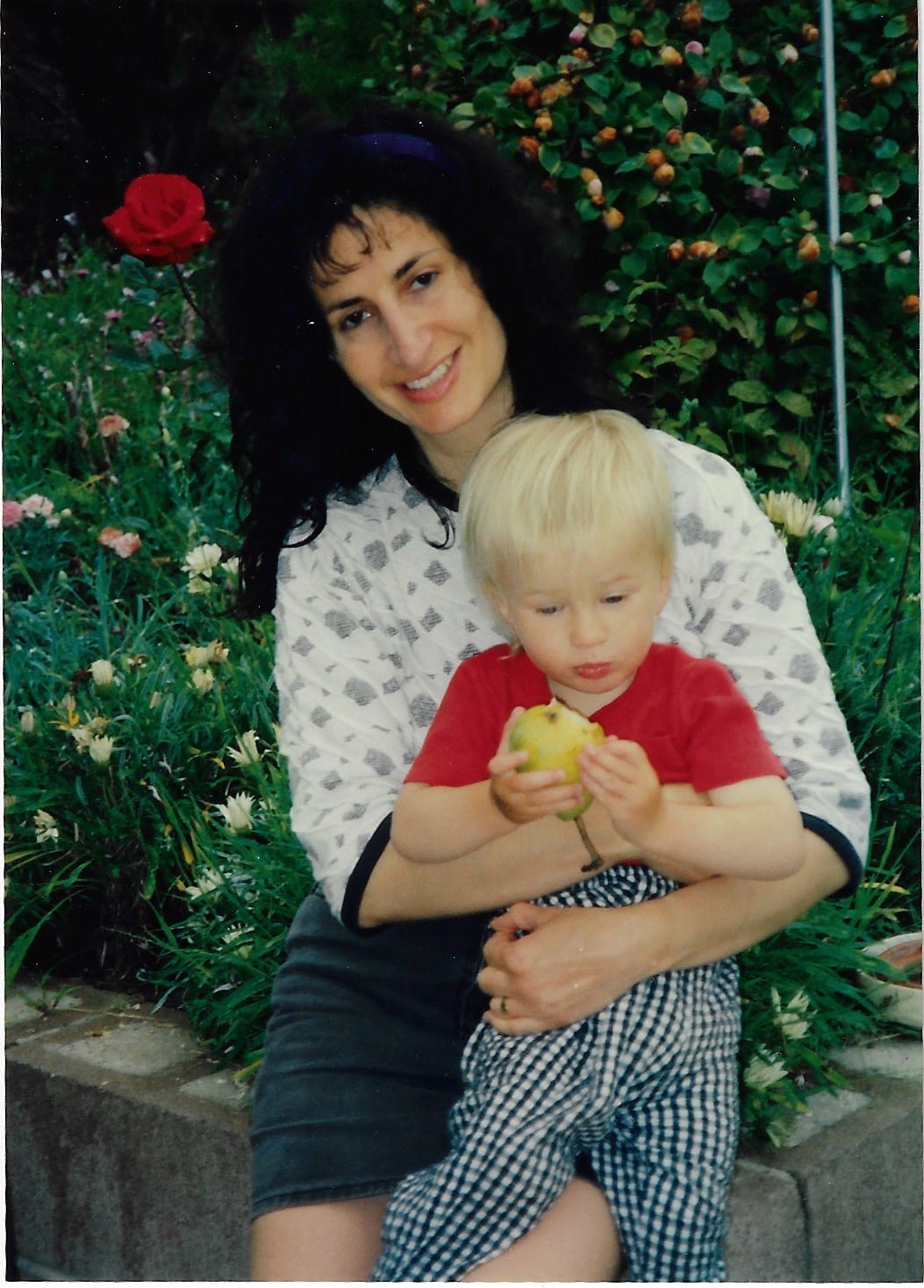In a little over a week, I’ll be celebrating my 71st birthday. And I’m wondering, what would my 17-year-old self have had to say about this, the self who was once cast as Juliet?

Seventeen! I’d just been inducted into the Hollywood Student Shakespeare Society. I’d reveled in play production classes and immersive summer theater workshops, every year of my life since the age of nine, applying myself to every aspect of theater arts.
Apart from reading and writing, theater was my great escape from the highly dysfunctional situation at home. The other students and the teachers in those summer intensives served as an alternative family for me. I adored them.
I was never the star—and I didn’t mind. I learned to work on prop design and makeup, costumes and lighting. I had a pleasant singing voice and a good sense of pitch. I was an okay dancer and could read lines expressively. But my voice was too small for the stage. (It would take many decades for me to discover that my best on-stage friend, as a public-facing writer, was the microphone.)
I guess the teachers in charge of the Shakespeare Society that year saw something in me that I myself couldn’t see—something that caused them to cast me as Juliet for that summer’s student production. It was, for me, a dream come true.

But just as suddenly as this happened, the production lost its funding—and I never did get to play opposite Romeo (although there was a catalogue of motley contenders for the part in my own life, over the years).
I can still recite bits and pieces from a couple of Juliet’s monologues. The one that starts out with Juliet in a cold sweat about taking the poison, calling out for her nurse in desperate fear, always resulted in my mother answering from the kitchen in an irritated voice, “What?” I had to go out and explain that I was rehearsing, return to my bedroom, get into character again, and start over.
My mother’s not-very-affectionate nickname for me in those days was Sarah Heartburn.
I took a filmmaking workshop later that summer, right before leaving for college—leaving home, as it turned out, forever. Convinced that I lacked both the looks and the voice to become an actor, I never took another theater class again.
Over the course of those years, I’d memorized scenes and monologues from various plays, as well as a couple of Shakespeare’s sonnets.
I can still recite both those sonnets from memory: nos. 37 and 109 (“As the decrepit father takes delight…” and “Oh never say that I was false of heart!”).
For the first one, I was pretending to be an elderly father well past his prime. It was a profound exercise in empathy: a teenage girl imagining herself as an elderly man taking vicarious joy in the youth and accomplishments of his son. Looking back, it seems a message telegraphed from my own future, the future I am living in now.
Just this week, I was inducted into the Pawling Shakespeare Club. Started in 1898—attended by Pawling resident James Earl Jones until his death last year—it’s the second oldest Shakespeare Club in the United States.
How’s that for closing the circle? I’ve signed up to perform those same two sonnets at an upcoming event at the lovely Sherman Library, part of a series of programs honoring James Earl Jones.
This time, it won’t be a stretch for me to imagine myself as a 71-year-old who takes such great and vicarious pleasure in the accomplishments of her son.
A THOUSAND PAPER AIRPLANES If I could fold a thousand paper airplanes from the pages of poetry and prose stacked, one-sided, in the recycling box beneath my desk. If, when I launched them from a high place, bright white against the blue sky, they could—as in an animated film or fever dream— turn into birds. If those messengers, freighted with my words, could fly to lands where readers wait with cupped hands ready to hold each feathered ark, to feel the warm, fluttering heart encased inside. If all that I am and all that I’ve written could come to rest in soil that feeds a family of redwoods. If forest mushrooms could weave a silver cocoon of life over what remains of me. If in my transformation, I could give my skin, my flesh, my bones and all my printed words back to the trees. Copyright © 2025 by Barbara Quick
Photo credit: John Quick



